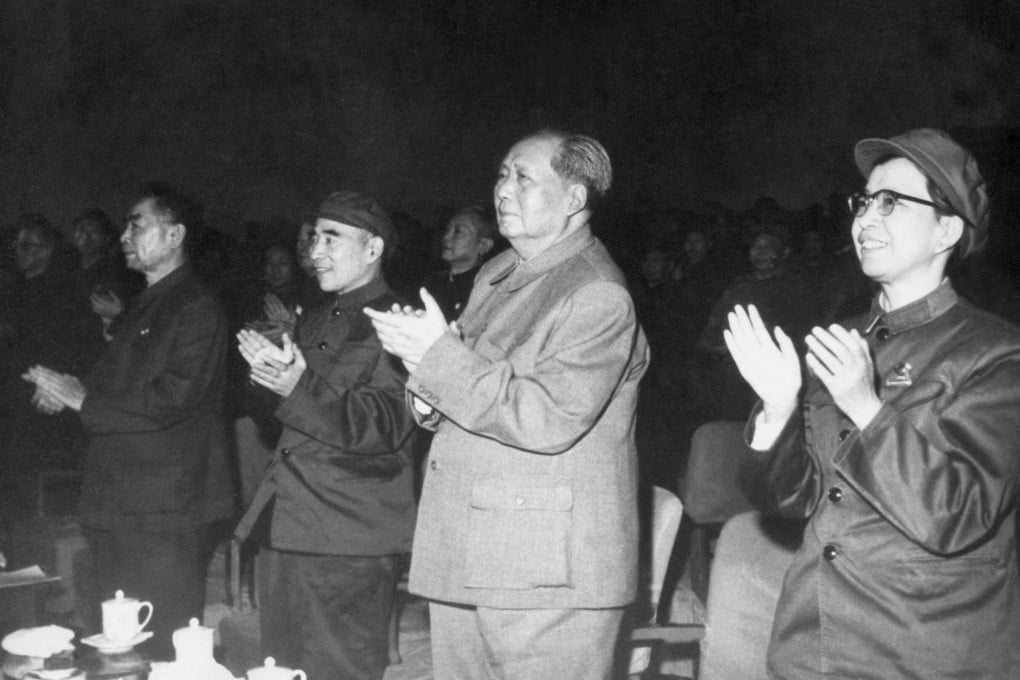Advertisement
Explainer | China’s history of recalling ambassadors goes back to Mao era
- Political turmoil and the Cultural Revolution sparked the snapping of ties in the 1960s, while Tiananmen Square was the trigger two decades on
- Taiwan and the one-China policy caused friction in other instances
Reading Time:3 minutes
Why you can trust SCMP
6

Beijing sparked a diplomatic row on Tuesday by recalling its envoy to Lithuania after the Baltic nation allowed Taipei to open a representative office bearing the name “Taiwan”.
Shen Zhifei is the latest in a list of Chinese ambassador recalls, which took place during periods of significant political turmoil or over issues related to Taiwan. Beijing regards the self-ruled island as a breakaway province and firmly holds the one-China policy to be its red line.
1966: ambassador to Indonesia
Tensions between China and Indonesia escalated after a communist-led coup attempt in 1965 that Jakarta claimed had been backed by Beijing, which denied involvement.
China recalled Yao Zhongming, the ambassador to Indonesia, in April 1966 amid rising anti-Chinese attacks. The two countries cut diplomatic ties in 1967.
From 1965 to 1966, a series of mass killings took place in Indonesia targeting members of the Community Party of Indonesia and those who sympathised with the communist cause. Ethnic Chinese were also killed for their involvement with the Communist Party, though there is no official record of the death toll.
The two sides restored diplomatic relations 23 years later, in 1990.
Advertisement